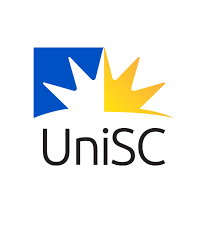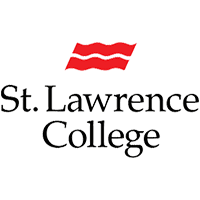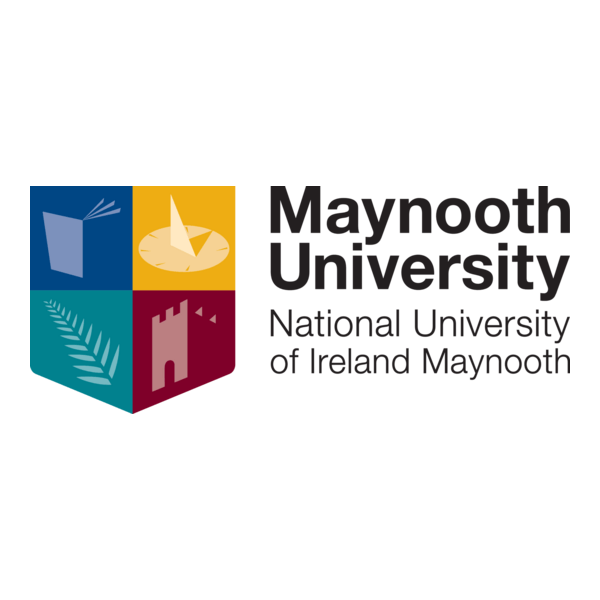Angelo Mingarelli was concerned about the women and children in Afghanistan who found themselves suddenly unable to attend school after the Taliban took over the country in 2021.
Currently, the math professor at Carleton University in Ottawa is collaborating with a Canadian group to make his course materials available online. He will be teaching first-year calculus to students interested in engineering careers starting this autumn.
As a father of four adult daughters and a longtime advanced math teacher, Mingarelli says, “I want to ignite a passion for learning for women in Afghanistan.” Mingarelli recognizes the value of education for both girls and women. Upon discovering that Canadian Women for Women in Afghanistan (CW4WAfghan) offers a virtual learning environment for Afghan women, he proposed to donate the Internet tools he had created during the COVID-19 outbreak to the organization and conduct a pilot study of online teaching. “I’m prepared to leave.”
According to Murwarid Ziayee, the organization’s senior director, who is situated in Calgary, Mingarelli’s course is one of many that CW4WAfghan offers to assist Afghan girls and women—both those who are in the nation and those who have been displaced as refugees—in seeking educational possibilities. According to Ziayee, who joined CW4WAfghan in Afghanistan in 2010 and immigrated to Canada in 2018, the organization was founded in 1998 with the goal of providing high-quality, gender-equitable education in that country.
She has personally witnessed how the Taliban’s reign has affected women’s access to education. When the Taliban first took control of Kabul University in 1996, Ziayee was a law and political science student. She was prohibited from completing her education. She went back to school to finish her degree after the Taliban left five years later, though many others did not, she points out. “It was an honor to be among the female graduates.”
According to Sayed Dawood Hussaini, a teacher and co-founder of My TOEFL House, an organization in Rawalpindi, Pakistan, GETT helped the organization provide English language, educational, and business studies courses to Afghan refugees.
“We need to teach pupils in subjects like “what is an Internet browser?” and “what is software?” before they may enroll in digital classes. Very basic necessities exist,” he claims. These youths lack purpose in life and are traumatized. We’ve designed courses that give students hope for a fresh start and open doors to success.
With the sponsorship of Global Affairs Canada, CW4WAfghan’s online school will now be able to accommodate 1,000 girls in grades 7 through 12, according to Ziayee, who believes this will enable them to attend classes electronically.
In partnership with Arizona State University, the charity also provides free online English language training to Afghan women and girls; over 15,900 of them are now on the waiting list to enroll in the courses. According to Ziayee, CW4WAfghan is seeking collaborations with Canadian academic institutions to provide assistance to female students in Afghanistan and the neighboring areas. This may include allowing them to enroll virtually, waiving application fees, providing financial aid, or admitting them as transfer students.
Mingarelli anticipates that his calculus I first-year class will begin with fifty to one hundred pupils. “We’ll continue from there. They’ll hear my voice, watch me teach, and take notes.” As long as the servers can handle it, he thinks it would be feasible to provide classes to as many as 10,000 students, and he would want to add a second-year course.
He points out that although the epidemic “was an awful time in human history,” the emergence of digital education “actually led to a revolution in learning.” Now, women in Afghanistan who are “stuck at home,” as many were during the COVID-19 pandemic, will benefit from his course materials. He claims, “We know what to do educationally and administratively.” He feels it’s important “to interact with these women,” in addition to publishing his materials online in Farsi. They must ask you questions in real time, watch your eyes, and sense your enthusiasm for the material.
He believes it’s critical that women who finish his course and pass the test acquire “microcredits” that Carleton University and other organizations will accept. The fact that the students won’t actually be enrolled, paying tuition, or attending classes on Carleton’s server could make matters more difficult. “The university needs to have a certain level of trust in you,” Mingarelli states. “If all goes wrong, I will write a certificate for each and every woman who completes my course.”
He worries that the dearth of job prospects in Afghanistan will demoralize women and girls. He wants the people taking his online course to “realize that they’re not alone.” When they say, “Okay, there’s a world out there that we can join at some point,” they will be wide awake. Additionally, Mingarelli wants Carleton to provide a few free scholarships so that Afghan women can come to Canada and finish their education.

















